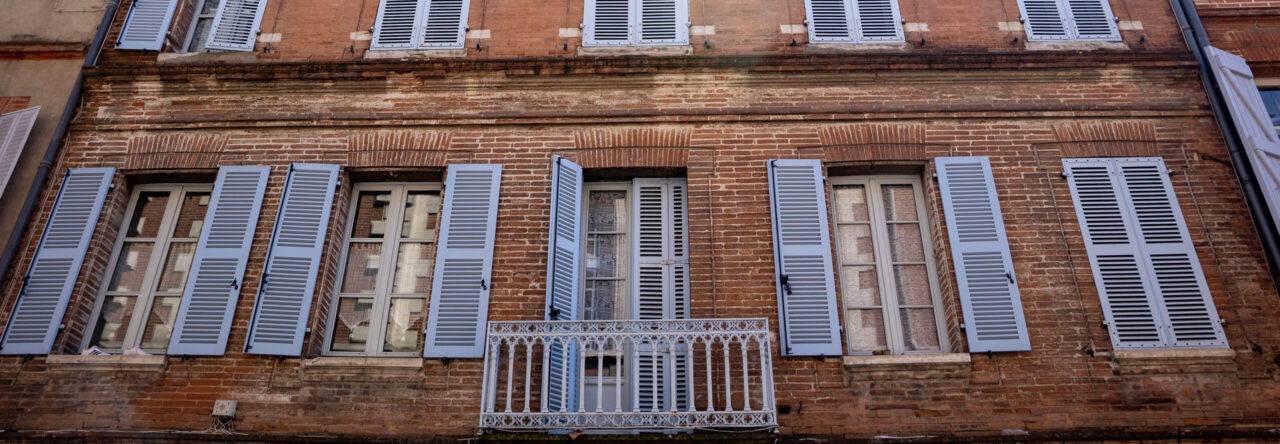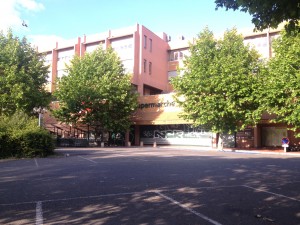As I wrap up my semester in Toulouse, I’ve concluded that one of the most notable absences on this side of the Atlantic is that of the American culture of convenience. When I say “culture of convenience,” I’m referring to all of the comforts and services that Americans expect to make their daily lives easier. In the United States, we’ve created a consumer culture that minimizes the time you must wait to satisfy your wants and needs. If you want to order something from Amazon, it’ll be at your door in two days time. If you need milk at 1 am, there’s probably a 24-hour grocery store within quick driving distance. And if going grocery shopping isn’t your thing? Not to worry – in most cities and suburban areas, you can arrange grocery delivery to bring food to your front door. We think nothing of getting Starbucks at 11 pm, or going to the cinema on a federal holiday, and we’re accustomed to constant access to information thanks to omnipresent Wi-Fi and 3G data.
In France, the expectations for convenience are much more reasonable, and I would say that they reflect a humanist understanding that people aren’t machines. One way that this belief manifests itself is the widespread use of lunch break hours. If you try to go to the post office, bank, or boutique between noon and 1:30 pm in Toulouse, there’s a good chance that it’ll be closed so that the employees can eat lunch. The reasoning behind this is simple: humans need to eat, and they deserve to do so leisurely and without interruptions.These closures may inconvenience those whose work schedule only permits them to do business during their own breaks hours, but they signify that the people mailing our packages or processing our deposit slips have the same needs and rights as we do.
Talking with my friends in the Dickinson program has told me that the lack of American convenience culture in France requires most students to be more deliberate in their daily life. On my first Sunday in Toulouse, I went to pick up some toiletries at Casino, only to find that it had closed at noon. Most of us have learned to work around the lunchtime closures in the administrative offices at the Mirail, and to plan our meals and grocery shopping ahead of time. With a bit of planning and foresight, we’ve come to tailor our expectations for satisfying our wants and whims on a moment’s notice.
American businesses can learn from the French approach to consumer convenience, too. I’ll admit that 24-hour Starbucks is a godsend on late-night road trips, and that seeing a movie at the end of Christmas Day is one of my favorite holiday traditions. What we need to think about more, however, is the fact that there are hidden prices to convenience. Oftentimes, the people who absorb these costs are the ones providing us with a service. 24/7 convenience means that someone is missing out on time with their family on the weekend, or that employees are overworked to provide a constant stream of labor. If we can all adjust our expectations for convenience, everyone would be able to live a little bit better.
-Lizzie Hardison


Leave a Reply